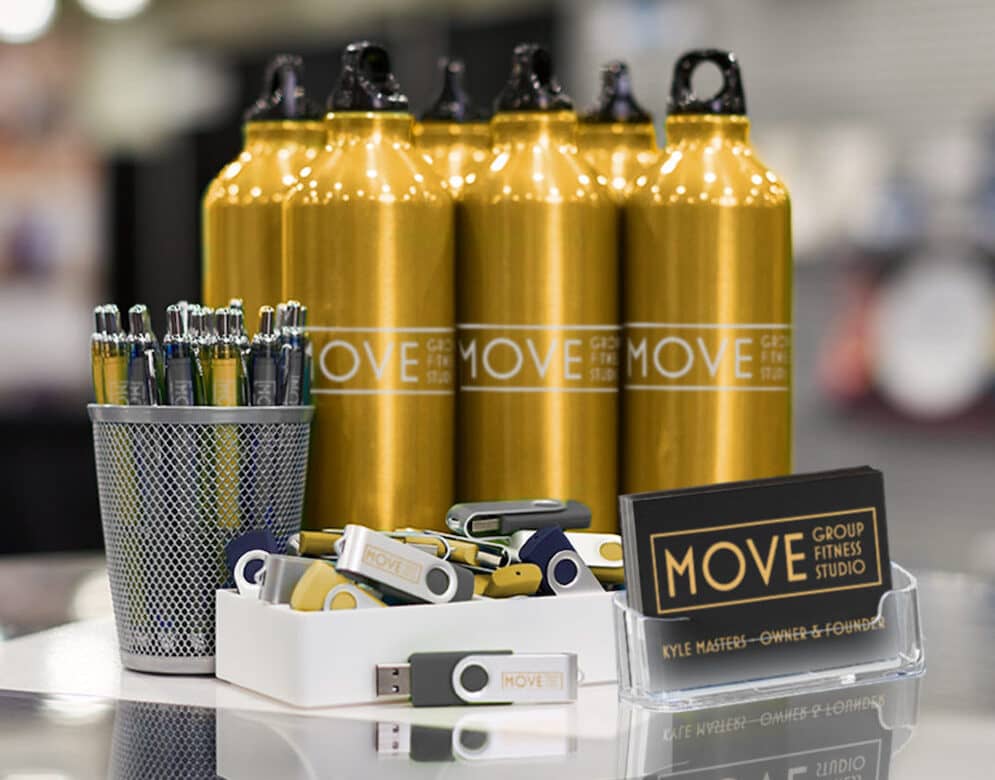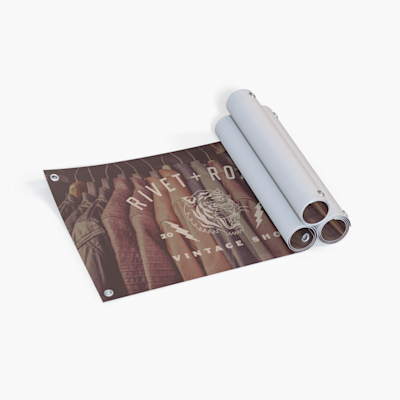As a small business owner, maximizing profits and minimizing taxes are two of your top priorities. Luckily, the Internal Revenue Service (IRS) offers a variety of tax deductions and exemptions to help you save money on your business taxes. In this article, we’ll break down everything you need to know about small business tax deductions, also known as write-offs, so you understand the tax benefits available to small businesses.
What are small business tax deductions and write-offs?
Simply put, tax deductions or write-offs are expenses that you can subtract from your business’s taxable income. That means you only pay taxes on the net income your business earns after deducting these expenses. Some common small business tax deductions include:
- Marketing and advertising
- Office and supply expenses
- Business travel
- Employee wages and benefits
- Rent and lease payments
- Business equipment, tools and inventory
- Interest on business loans
- Charitable contributions
- Bad debts
It’s important to note that not all expenses can be written off. For example, personal expenses or expenses that are not related to your business are generally not deductible. For a comprehensive list of qualifying business expenses, IRS publication 535 explains everything in full detail.

Small business tax exemptions
In addition to write-offs, small businesses can also take advantage of tax exemptions, which are special business qualifications that help reduce your overall tax bill. The IRS stipulates that your business must belong to one of these categories in order to be eligible for a tax exemption:
- Non-profits
- Political organizations
- Private foundations
- Religious organizations and churches
- Charities
You must also apply to gain tax-exempt status with the federal government, so if you think your business qualifies, get started on the paperwork so you can save on your future small business taxes.
Why care about small business tax deductions?
Understanding business tax deductions is crucial for any business owner — and not just for the obvious reason that they lower your tax liability.
Knowing what business purchases qualify as tax deductions can help you to make smarter and more strategic decisions throughout each tax year. With the money that you’ll be able to save through write-offs, you’ll be able to reinvest more capital back into your business and help it grow faster.
Additionally, understanding tax laws and regulations can help you avoid any potential IRS tax penalties or fines.
A few small business tax write-off examples
Let’s start with a common scenario: You run a small bakery and have recently invested in a new oven and a mixer. Can each of these purchases be considered a small business tax write-off? You bet. You can deduct the cost of any equipment or supplies you purchase for your business, from laptops to lathes and 3D printers to food prep stations, as long as they are used for business purposes.
You can also deduct advertising and marketing expenses, such as flyers, postcards, brochures, banners, signs and posters. Even the least expensive marketing items like stickers and business cards qualify for deductions, so it’s important to keep detailed records of all your business expenses for tax time by using accounting software or hiring an accountant to manage them for you.

VistaPrint Tip
With any and all marketing materials and advertising expenses considered business tax deductions, you have even more incentive to try to reach your target audiences by investing in print materials like signs, banners and posters to promote your establishment.
Another small business tax write-off to remember is trade show expenses. That means you can deduct the cost of attending, including travel to get there and back, hotel expenses during the business trip and more. Plus, you can make a super strong impression on attendees at your booth by going all out on fun trade show giveaways like branded water bottles, USBs and T-shirts.

VistaPrint Tip
If you decide to do a trade show, you have a bounty of amazing options for merch and promotional products to give away to guests so your business leaves a positive, lasting impression. Depending on your business type, you may want to consider items like drinkware, tech accessories or pens and office goods.
Other business tax deductions to remember
In addition to the write-offs and exemptions we mentioned, there may be other special tax situations for small business owners to take advantage of.
For example, if you’re self-employed, you may be able to deduct up to 20% of your qualified business income as part of the qualified business income deduction, which can lead to significant savings on your taxes.
Another write-off available to small business owners is the home office deduction. If you’re a small business owner who works from a home office, you may be able to deduct a portion of your home expenses, such as rent or mortgage interest, property taxes and utilities. To qualify for a home office deduction, you must use a specific area of your home exclusively for business purposes. This could be a separate room or just part of a room, like a desk or a storage area.
While these are just a few examples of write-offs and exemptions available to small business owners, it’s important to keep in mind there are many more options out there. Consulting with a tax professional is a great way to ensure you’re taking advantage of all of the deductions and exemptions available to you.

Key takeaways for your business
Navigating business tax deductions can be complicated, but understanding the basics can save you thousands of dollars in taxes each year. By taking advantage of write-offs, exemptions and other tax-reduction strategies, you can keep more of your hard-earned money in your pocket.
Here are some actionable tips to remember:
- Consult with a tax professional: Tax laws and regulations can be complex, and it’s easy to make mistakes when filing, even with the best tax software. Consulting with a tax professional can help you navigate through your specific tax situation and ensure that you’re taking advantage of all the deductions and benefits available to you.
- Keep clear records: Keeping accurate and detailed records and receipts of all your expenses can help you identify tax deductions and avoid any potential issues with the IRS in case of an audit.
- Don’t forget state and local taxes: While federal taxes are important, don’t forget about state and local taxes. Many states offer tax incentives and exemptions to small businesses, and it’s important to take advantage of them.
With all this information, you’ll be in much better shape when tax time rolls and you’re looking to maximize your deductions and profits.



